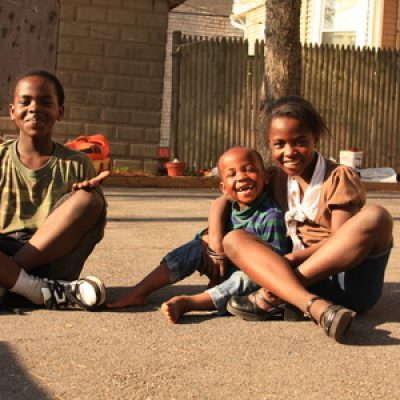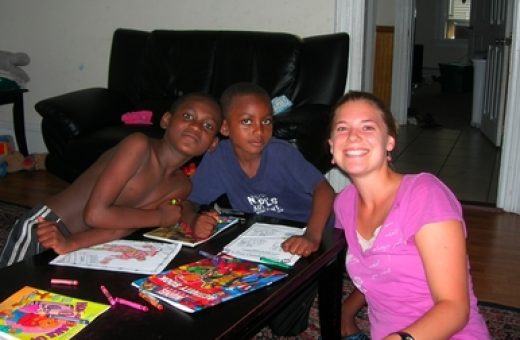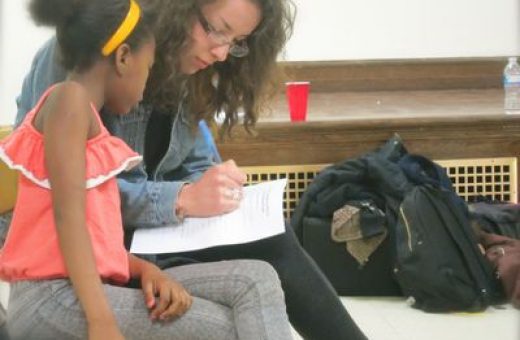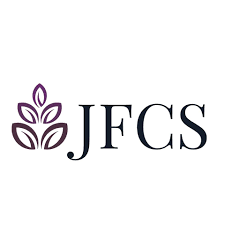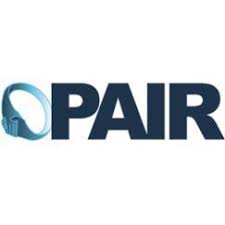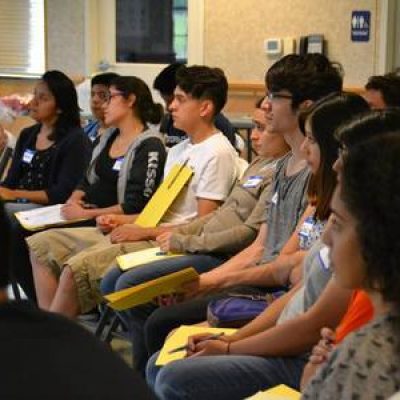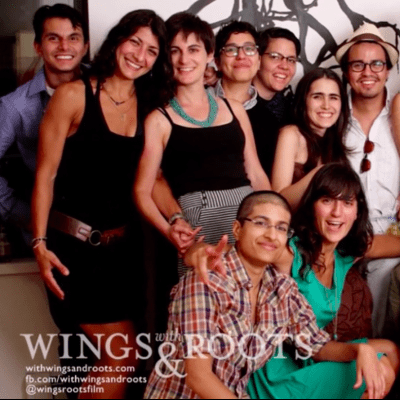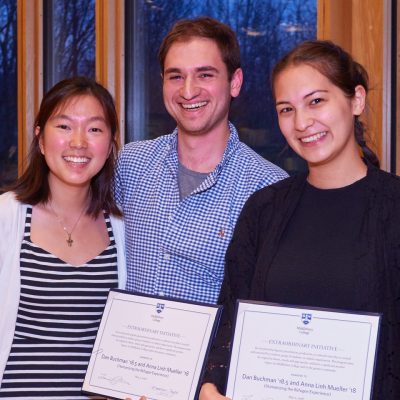Article
25,000 refugee youth are resettled in cities and towns across the United States each year. Research shows that refugees struggle with literacy, social isolation, cultural misunderstandings, discrimination and succeeding in school systems that are not prepared to meet their needs. As many as 30% of those who do not have individualized support systems drop out of high school.

Tara knew that to actualize the potential of that spark, Alice had to believe in her own power, and Tara wanted to ensure that Alice and others like her would be able to thrive in the United States.
Senior Fellow Tara Kane Prendergast ’s life was changed when she met and fell in love with a brilliant little girl named Alice. Alice is a refugee from Burundi, and while Tara helped her gain linguistic and cultural fluency, Alice taught Tara about the hard realities of being a poor immigrant in America. Tara’s persistent belief in Alice nurtured a spark nearly extinguished by the challenges of being impoverished, academically behind, and stuck in an under-resourced school.
Tara had already developed a strong understanding of the needs of resettled refugee youth through her work as a tutor and coordinator with Brown Refugee Youth Tutoring and Enrichment (BRYTE), a program she had helped develop at Brown University. Tara and her colleagues at BRYTE spent a summer conducting research and reaching out to other refugee programs in order to strengthen the model of their own program. When Tara graduated from Brown, she worked with Senior Fellows Beth Golberg and Ryan Gayman to create the Alliance for Refugee Youth Support and Education (ARYSE).
ARYSE’s goal is to increase the quality and scope of student-led programs serving refugee youth, while also mobilizing young people and inspiring them to be advocates for systemic change.
ARYSE assists resettled refugee youth in becoming confident, engaged and productive members of American society. It fulfills its mission by improving university and college-based tutoring and mentoring programs with resources, trainings and best practices. Creating an alliance between these programs enables knowledge exchange and resource sharing, which magnifies impact and improves program performance.
One of Tara’s biggest challenges was raising the start-up capital while the project was still in the design phase. For anyone interested in developing a project similar in scope, she encourages you to give yourself adequate time to draw up a model, distill it and develop full material explaining it.
“Having a more fully formed pitch would have helped in the initial stages of finding partners and supporters.”
Tara and her team are still in the early stages of building this network and organization, so there are many next steps. People can contribute by financially supporting the organization’s work, joining the team, connecting ARYSE to relevant organizations and people who would be interested in this type of work, spreading the word and getting in touch to ask questions and share ideas.

